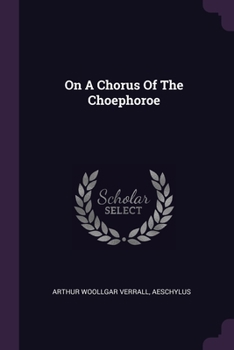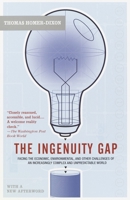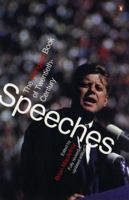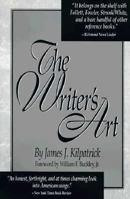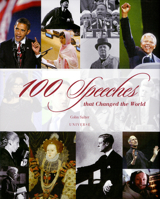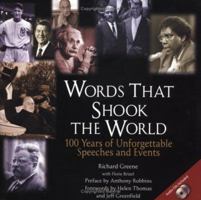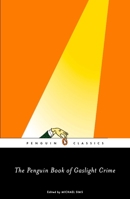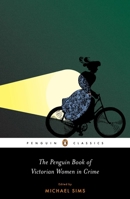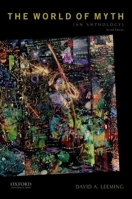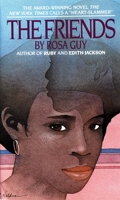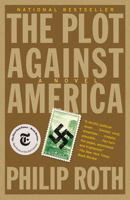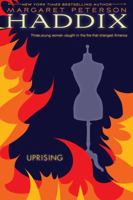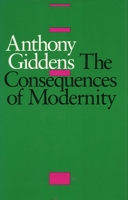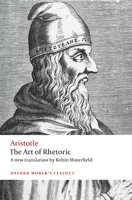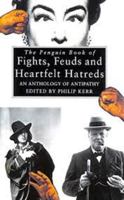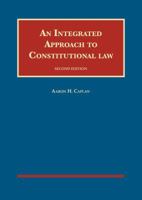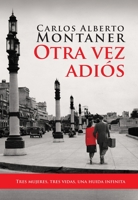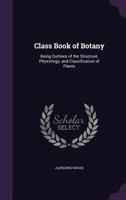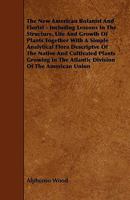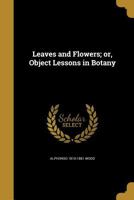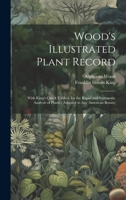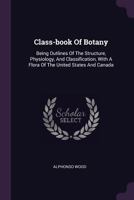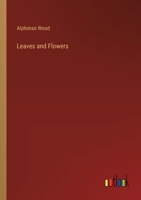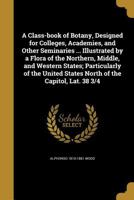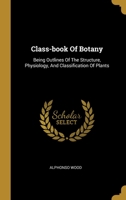On a Chorus of the Choephoroe
Select Format
Select Condition 
You Might Also Enjoy
Book Overview
This work has been selected by scholars as being culturally important, and is part of the knowledge base of civilization as we know it. This work was reproduced from the original artifact, and remains as true to the original work as possible. Therefore, you will see the original copyright references, library stamps (as most of these works have been housed in our most important libraries around the world), and other notations in the work.
This work is in the public domain in the United States of America, and possibly other nations. Within the United States, you may freely copy and distribute this work, as no entity (individual or corporate) has a copyright on the body of the work.
As a reproduction of a historical artifact, this work may contain missing or blurred pages, poor pictures, errant marks, etc. Scholars believe, and we concur, that this work is important enough to be preserved, reproduced, and made generally available to the public. We appreciate your support of the preservation process, and thank you for being an important part of keeping this knowledge alive and relevant.
Customer Reviews
Rated 4 starsCreepy!
I listened to the audiobook version of this and the production quality was astounding! So an extra star for the audiobook being a banger but the story itself is like, a 3 😬 I thought the premise rocked (heh) but the execution was pretty meh. I felt like I spent most of the story really waiting for something to happen but even when things did happen it was a little…dare I say boring? Maybe my expectations were off, I’m someone...
0Report










